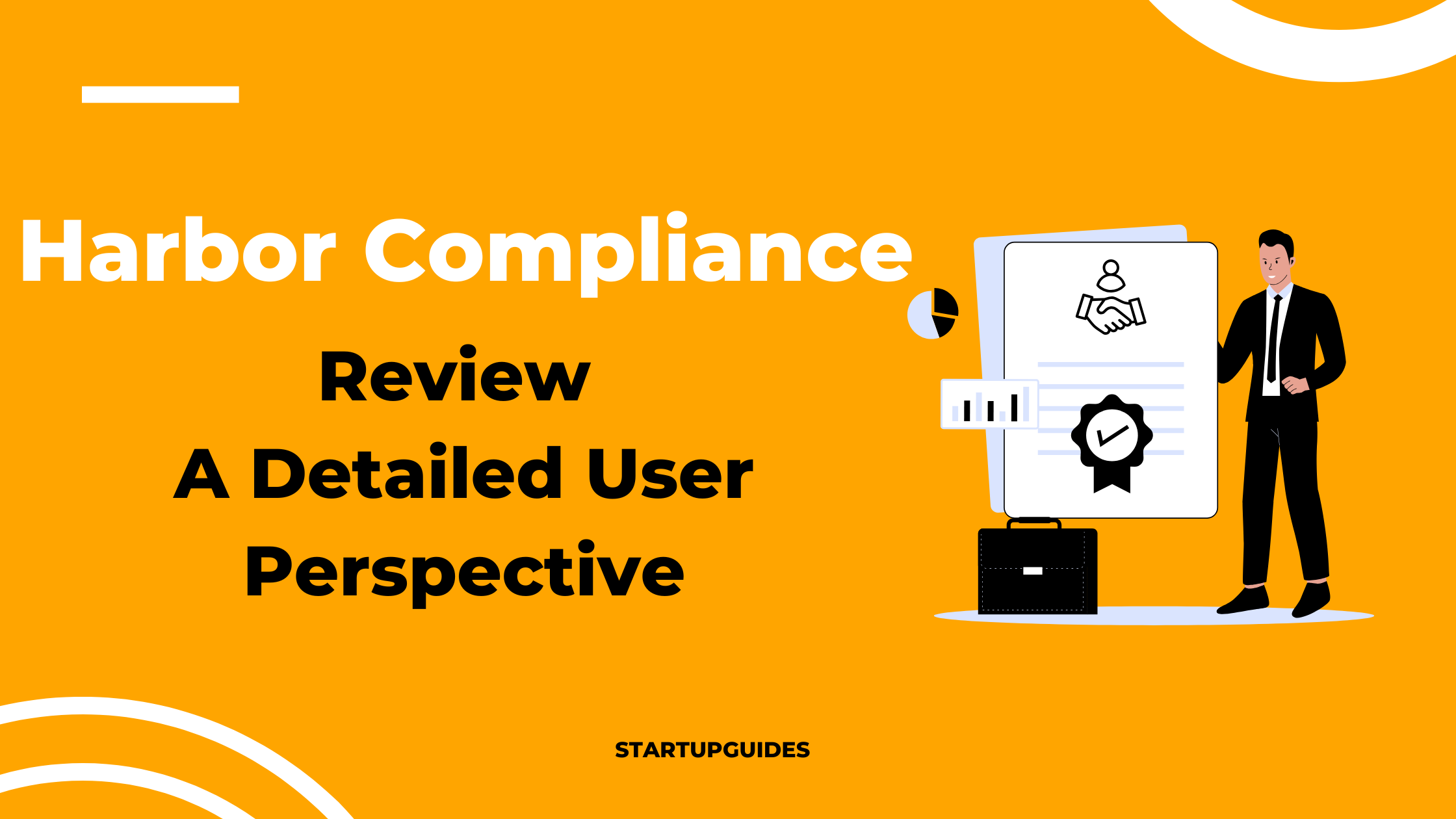Starting a Limited Liability Company (LLC) in Florida is one of the best decisions you can make as an entrepreneur. The process is straightforward, and the benefits are numerous, from asset protection to tax advantages. If you’re considering starting your own business in Florida, this step-by-step guide will walk you through the entire process in detail, giving you everything you need to know to get your LLC up and running smoothly in 2025.
What is an LLC, and Why Start One in Florida?
Before diving into the steps of forming an LLC in Florida, it’s important to understand what an LLC is and why it’s a great choice for your business.
An LLC, or Limited Liability Company, is a type of business structure that combines the benefits of a corporation and a partnership. It offers limited liability, meaning the business owners (members) are not personally responsible for business debts or liabilities. This protection is one of the biggest advantages of forming an LLC.
Benefits of an LLC
- Limited Liability Protection: As a member of an LLC, your personal assets (like your home, car, and savings) are protected from business-related liabilities and debts.
- Tax Flexibility: LLCs offer multiple tax options, including pass-through taxation, meaning the LLC itself does not pay federal income taxes. Instead, profits and losses pass through to individual members’ personal tax returns.
- Operational Flexibility: LLCs have fewer formalities and regulations than corporations. For example, there is no requirement to hold annual meetings or have a board of directors.
- Credibility: An LLC can add credibility to your business. Customers and partners may take you more seriously as a formal, registered entity than a sole proprietorship.
Florida, in particular, is an attractive state for forming an LLC due to its business-friendly environment, no state income tax, and streamlined registration process.
Step-by-Step Guide: How to Start an LLC in Florida
Starting an LLC in Florida is an exciting step for any entrepreneur looking to establish a solid business foundation. The process is relatively straightforward, but it’s essential to follow the right steps to ensure your LLC is set up correctly and legally compliant. Here’s a detailed, step-by-step guide on how to form an LLC in Florida in 2025.
Step 1: Choose a Name for Your LLC
The first step in forming your LLC is choosing a name. Your LLC name must comply with Florida’s naming requirements and be unique to avoid confusion with other registered entities. The name should include the words “Limited Liability Company” or the abbreviation “LLC” or “L.L.C.” at the end.
Name Requirements for an LLC in Florida:
- The name must be distinguishable from any other registered business name in Florida.
- It should not contain words that are misleading or suggest a different business type (e.g., using “bank” in your LLC name if you’re not a bank).
- Your name should include “Limited Liability Company,” “LLC,” or “L.L.C.”
To check if your desired name is available, you can use the name search tool provided by the Florida Department of State. You can also reserve your LLC name for 120 days for a fee of $25 if you’re not ready to file immediately.
Step 2: Choose a Registered Agent
In Florida, every LLC must designate a Registered Agent. The Registered Agent acts as your LLC’s official point of contact with the state, receiving legal documents, tax notices, and government correspondence on behalf of your business.
Your Registered Agent can be an individual or a business entity authorized to conduct business in Florida. The key requirement is that the Registered Agent must have a physical street address in Florida and be available during normal business hours to receive documents.
Who Can Be Your LLC’s Registered Agent?
- You: You can act as your own Registered Agent, but keep in mind that you must be available during regular business hours and maintain a physical address in Florida.
- A Professional Service: Many business owners choose to hire a Registered Agent service, which can handle this responsibility for you. This allows you to maintain privacy and ensures you don’t miss any important legal documents.
Some people find it beneficial to use a professional Registered Agent service to ensure they never miss an important deadline. One such service is Northwest Registered Agent, which is highly recommended for its straightforward pricing, excellent customer service, and reliability.
Step 3: File the Articles of Organization
The Articles of Organization is the official document that creates your LLC in the eyes of the state. In Florida, this form must be filed with the Florida Division of Corporations. You can file the Articles of Organization online, by mail, or in person.
Information Required for the Articles of Organization:
- LLC Name: As we discussed earlier, it must be unique and compliant with Florida’s naming rules.
- Principal Office Address: This is the main location where your LLC does business.
- Registered Agent’s Name and Address: This must include the physical street address of your Registered Agent in Florida.
- LLC Members: You’ll need to list the names and addresses of the members or managers of the LLC.
- Effective Date: You can specify a future date for the LLC to start, but typically, it will be the date the Articles are filed.
Once you have filled out the Articles of Organization, you can submit it to the Florida Division of Corporations. The filing fee is $125, which must be paid at the time of submission.
After filing, your LLC will typically be approved within 5-10 business days if you file online. If you choose to file by mail, the process can take up to 2-3 weeks.
Step 4: Create an Operating Agreement
Although Florida does not legally require LLCs to have an Operating Agreement, it is highly recommended. The Operating Agreement is an internal document that outlines the management structure of your LLC and how it will operate.
Why an Operating Agreement is Important:
- It helps define the roles and responsibilities of members.
- It clarifies how profits and losses will be distributed.
- It prevents misunderstandings among members by setting out the rules and expectations for the LLC.
- It can protect your limited liability status by showing that your LLC is operating as a separate entity from its members.
While you are not required to submit the Operating Agreement to the state, it is a good idea to have one in place before your LLC starts conducting business.
Step 5: Apply for an EIN (Employer Identification Number)
An Employer Identification Number (EIN) is like a Social Security Number for your LLC. You’ll need an EIN if your LLC has more than one member, plans to hire employees, or if you elect to have your LLC taxed as a corporation.
The EIN is required to:
- Open a business bank account
- File taxes
- Apply for business licenses
You can apply for an EIN for free directly through the IRS website. The process is simple and can be completed online in just a few minutes. You will receive your EIN immediately after completing the application.
What Should You Do After Your LLC is Approved?
Once your LLC has been approved and registered with the state of Florida, there are still several steps to take to ensure your business remains in good standing and compliant with Florida laws.
1. File Your Annual Report
Florida requires LLCs to file an Annual Report each year. The report updates the state on your business’s contact information and ownership structure. The Annual Report is due on May 1st each year, and failure to file on time can result in penalties or even the dissolution of your LLC.
- Filing Fee: The fee for the Annual Report is $138.75.
- Late Fee: If you fail to file by May 1st, a $400 late fee will be applied.
- How to File: The Annual Report can be filed online through the Florida Division of Corporations’ website.
2. Maintain Your Registered Agent
You must continue to maintain a Registered Agent for your LLC while it remains active. If you change your Registered Agent, you’ll need to update this information with the Florida Division of Corporations.
3. Comply with Florida’s Tax Requirements
Florida does not impose a state income tax, but your LLC may still need to file and pay other taxes, depending on the nature of your business.
Some common taxes LLCs may be required to pay include:
- Sales and Use Tax: If you’re selling goods or services subject to Florida’s sales tax.
- Reemployment Tax: If you have employees, you must register for and pay this tax, which is similar to unemployment insurance.
- Federal Taxes: LLCs must file federal tax returns with the IRS, which will depend on how you’ve chosen to structure your LLC (as a partnership, sole proprietorship, or corporation).
Consult with an accountant or tax professional to ensure you’re meeting all tax obligations.
4. Apply for Business Licenses and Permits
Depending on your industry and location, you may need various licenses and permits to operate your business legally. These can be at the federal, state, or local levels, and they vary by the nature of your business.
For example, if you’re running a restaurant, you’ll need health permits, food handling licenses, and possibly liquor licenses. If you’re offering professional services like legal or medical advice, you may need specific professional licenses.
Conclusion
Forming an LLC in Florida in 2025 is a relatively straightforward process. By following the steps outlined in this guide, you can ensure that your LLC is legally compliant and fully operational. From choosing a name to filing the necessary forms, each step plays an essential role in establishing a solid foundation for your business.
With Florida’s business-friendly climate and tax benefits, now is a great time to start your LLC in the Sunshine State. Whether you’re an experienced entrepreneur or just getting started, understanding the LLC formation process is key to building a successful business.
FAQs
How much does it cost to start an LLC in Florida?
The primary cost to start an LLC in Florida is the $125 filing fee for the Articles of Organization. Additionally, you may incur costs for hiring a Registered Agent, purchasing an Operating Agreement, and paying for any necessary licenses and permits.
Can I form an LLC in Florida if I’m not a resident?
Yes, Florida allows non-residents to form an LLC. However, you must have a Registered Agent with a physical address in Florida.
How long does it take to form an LLC in Florida?
If you file online, the processing time is usually 5-10 business days. Filing by mail can take 2-3 weeks.
Do I need an Operating Agreement?
While not required by law, having an Operating Agreement is highly recommended. It helps prevent disputes and clarifies how your LLC will operate.
When is the Annual Report due?
The Annual Report for your LLC is due every year by May 1st. If you fail to file on time, you may face penalties, including a late fee of $400.





